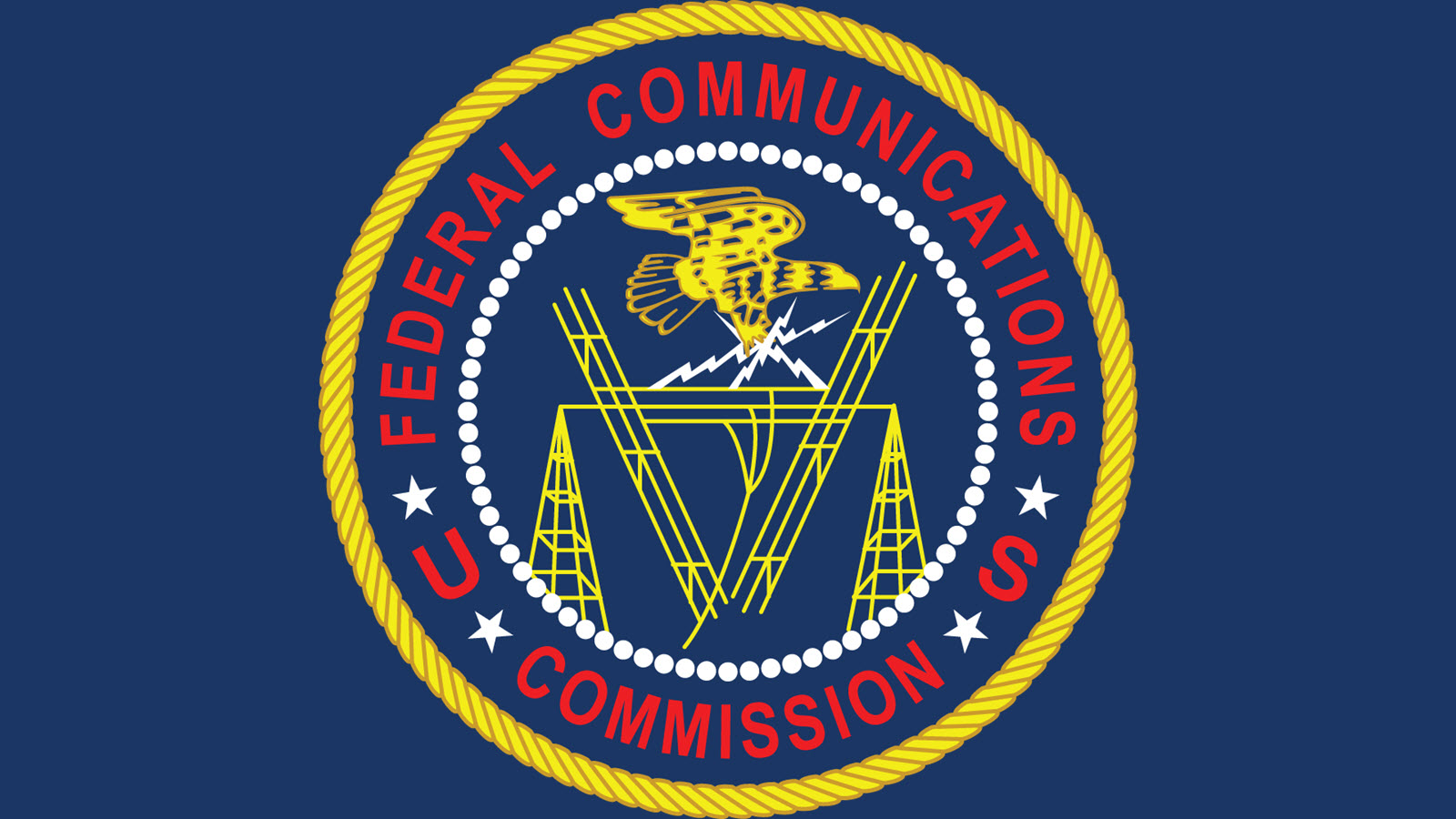FCC Adopts Mandatory STIR/SHAKEN Regime

The smarter way to stay on top of broadcasting and cable industry. Sign up below
You are now subscribed
Your newsletter sign-up was successful
As expected, the FCC has adopted new rules implementing the STIR/SHAKEN call authentication regime, which is a default way to protect against identity spoofing malicious robocalls by verifying caller IDs.
The vote was unanimous, and came before something of a pro-forma teleconference meeting Tuesday (March 31) among the commissioners to satisfy the monthly meeting statutory requirement in the age of COVID-19.
The commissioner was already planning to mandate the regime when Congress passed the TRACED Act, separately mandating it, so the item is both responsive to the FCC's initial plans and its congressional directive.
The FCC said eliminating the wasted time of scam robocalls translates to $3 billion annually and will make the public safer by reducing disruption to healthcare and emergency communications systems, obviously an even more important issue during the current COVID-19 pandemic.
The FCC initially voted to allow and encourage carriers to block unverified IDs by default using STIR/SHAKEN), but now is mandating the regime.
The item "requires all originating and terminating voice service providers to implement STIR/SHAKEN in the Internet Protocol (IP) portions of their networks by June 30, 2021, a deadline that is consistent with Congress’s direction in the recently-enacted TRACED Act."
Congress voted in December 2019 to mandate the regime, giving carriers 18 months after passage to have it in place, thus the June 2021 deadline.
The smarter way to stay on top of broadcasting and cable industry. Sign up below
The FCC also adopted a related Further Notice of Proposed Rulemaking seeking comment on expanding the STIR/SHAKEN mandate to cover intermediate voice providers, extend the implementation deadline by a year for small voice providers, and adopt requirements to promote caller ID authentication on non-IP networks.
Contributing editor John Eggerton has been an editor and/or writer on media regulation, legislation and policy for over four decades, including covering the FCC, FTC, Congress, the major media trade associations, and the federal courts. In addition to Multichannel News and Broadcasting + Cable, his work has appeared in Radio World, TV Technology, TV Fax, This Week in Consumer Electronics, Variety and the Encyclopedia Britannica.

